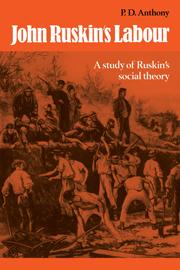Summary
Education is always the refuge of the radical who is too timid to contemplate more revolutionary change. It seems to offer the prospect, to the individual with a determined view of the best way of ordering the world, of achieving his purpose with the minimum of trouble and cost. Its subjects are usually children who seem ideal instruments for altering the world. They are inexperienced and ignorant and, therefore, deemed unlikely to have strong views about alternative versions of an ideal world. They are compliant because they have no interest and are unorganised. The one supreme advantage which they are believed to possess is, fortunately, the greatest weakness in the theory of change through schooling; they are regarded as tabula rasa upon which the reformer can engrave what he wants at will.
The earliest and most influential version of reform through school is to be found in Plato, who, in books 2 and 3 of the Republic, has Socrates convince a compliant discussant as to the necessary changes to be made in education if the ideal State is to be achieved and maintained: ‘the most important part of every task is the beginning of it, especially when we are dealing with anything young and tender. For then it can be most easily moulded, and whatever impression anyone cares to stamp upon it sinks in.’ With such malleable material the question of who does the stamping is most important.
- Type
- Chapter
- Information
- John Ruskin's LabourA Study of Ruskin's Social Theory, pp. 125 - 147Publisher: Cambridge University PressPrint publication year: 1984



